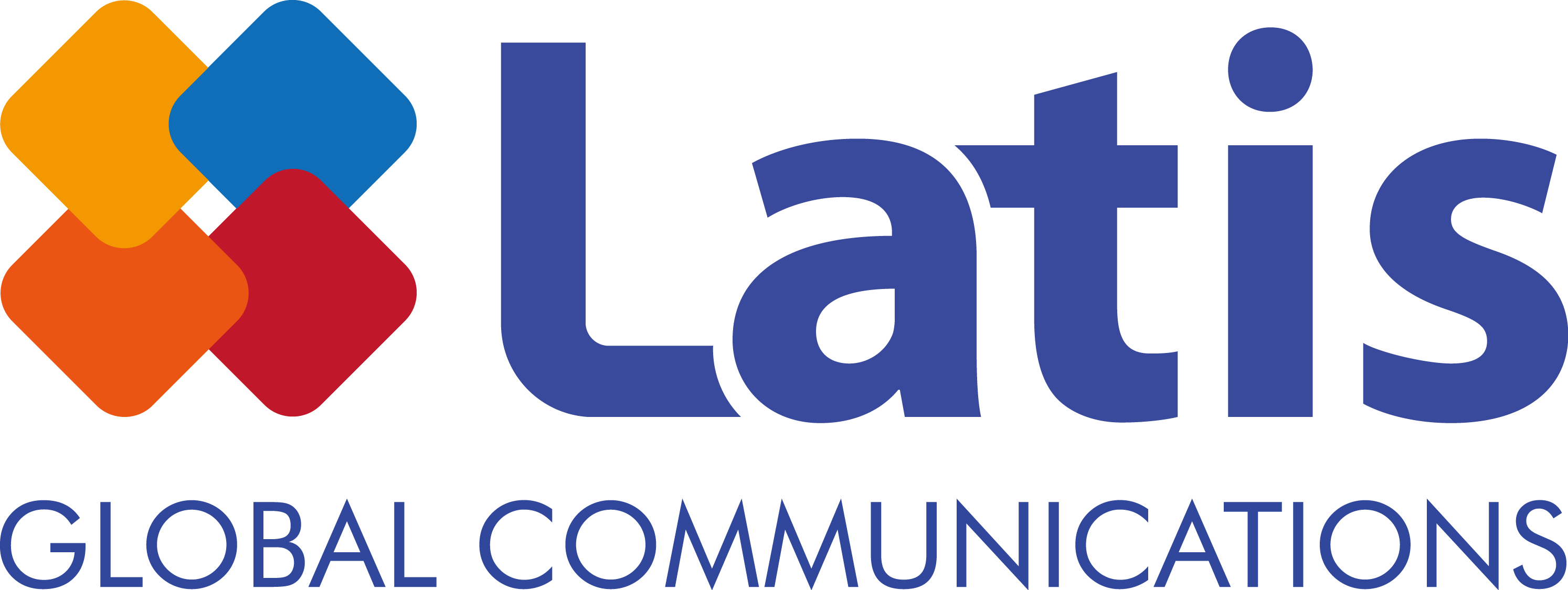
What is Your Native Language?
A native speaker is someone who has been speaking a language from earliest childhood. Since they have had a lot of exposure from a young age, they are likely to be able to speak the language perfectly.
A native speaker is not automatically an expert linguist, and even they might need to study the language on an academic level to become professionals. There are also other factors at play, such as where one has spent most of their time, familiarity with the local culture, linguistic knowledge, and even proverbs and slang specific to a certain dialect.
If you were to learn a foreign language, say Chinese, Japanese, Spanish, German, etc. improving your knowledge in such areas would also be quite difficult.
For example, even if you’re a native Canadian English speaker with perfect English communication skills, chances are you’re not familiar with the proverbs and cultural aspects of British English in the UK.

Translation by Native Translators
Native Translators Create More Engaging Translations
Because of their familiarity with the language, native translators naturally have a wider and richer vocabulary than foreigners. This larger vocabulary allows them to provide more diverse translations that keep users engaged for longer. On the other hand, a lack of vocabulary and excessive repetition of similar words will inevitably result in monotonous translations.
Native translators also have a good understanding of all the grammatical rules of the language, including spelling, punctuation, and syntax. They are less likely to use confusing phrases because they choose natural sentence structures that don’t make users think twice about a translation.
Native Translators Understand the Local Culture
Native translators have lived in their respective country or region since childhood and therefore have a deep understanding of its culture. Their in-depth cultural knowledge and expertise allows them to provide translations that immerse local users.
Translators know in what context to use a specific words or proverbs, that otherwise have many usecases (e.g., highly knowledgeable character, casual character, playful character, formal occasion, etc.), which is something that comes naturally within the culture.
For example, French speakers use the unusual proverb “Être sage comme une image” to describe a well-mannered child, which means “to be calm like a picture”. The idea is that a child sits still like a picture. A native French translator would know and be able to use this proverb appropriately, depending on the context.
From the translation process to localization, knowledge of these types of specific cultures plays an important role in ensuring the quality of your translations.

Native Translators Add Creativity to Your Content
There is no doubt that creativity is an integral part of impactful translation, as translation is an art in itself. Translators need to adopt a creative approach as they have to bridge the not so simple discrepancies that occur when translating from one language to another.
Both translation and transcreation (creative translation work) often require creativity to get the job done most effectively. Movies, games, and marketing content are prime examples of where that creativity can flourish. Here native translators come in, since they have a better sense of what might be offensive, funny, or relatable in their culture. They can use their talents to tackle complex translation issues that are difficult to convey through translation. As a result, you’ll receive creative and original translations from native speakers.

Native Translators Shorten Project Turnaround
Native translators are able to produce high-quality translations at a faster rate because they are fluent in their respective language. If you have to use a lot of additional materials to follow writing rules or grammar guidelines, it will slow down the overall translation process, but native translators don’t face this obstacle.
Delays in the translation’s delivery can put pressure on game development and result in unnecessary extra costs. After all saving time is one of the top priorities for any business. Therefore, hiring native translators can speed up the translation so you can focus on other tasks.

Specialized Native Speakers Can Address Legal Issues
If you work in the legal, financial, healthcare, or other highly regulated industry, you need to take precautions to avoid mistranslation errors that could lead to legal trouble. For example, healthcare providers can face legal problems due to mistranslated documentation for medical devices. This is because mistranslations in such manuals can lead to serious medical accidents that can put an individual’s life in jeopardy.
In these cases, the translator must not only be a native speaker of the target language, but also have specialized training in the field. This level of expertise ensures that the translation is accurate and complies with all the rules and regulations of the target country.

Work Together with Native Translators
With our global network of native-speaking translators in a variety of languages, we at Latis Global can help. Gamers want their content to be straightforward, so if they’re presented with complex or grammatically incorrect sentences, they may lose trust.
We provide customized, regionally relevant translations that feel as if a native speaker is speaking directly to you. Native translators working with Latis Global have extensive knowledge in gaming and their own language, so they can easily retain the meaning of the original text. If you’re interested in having your game translated by a native translator, please contact us at contact@latisglobal.com and we’ll get back to you with more information.

